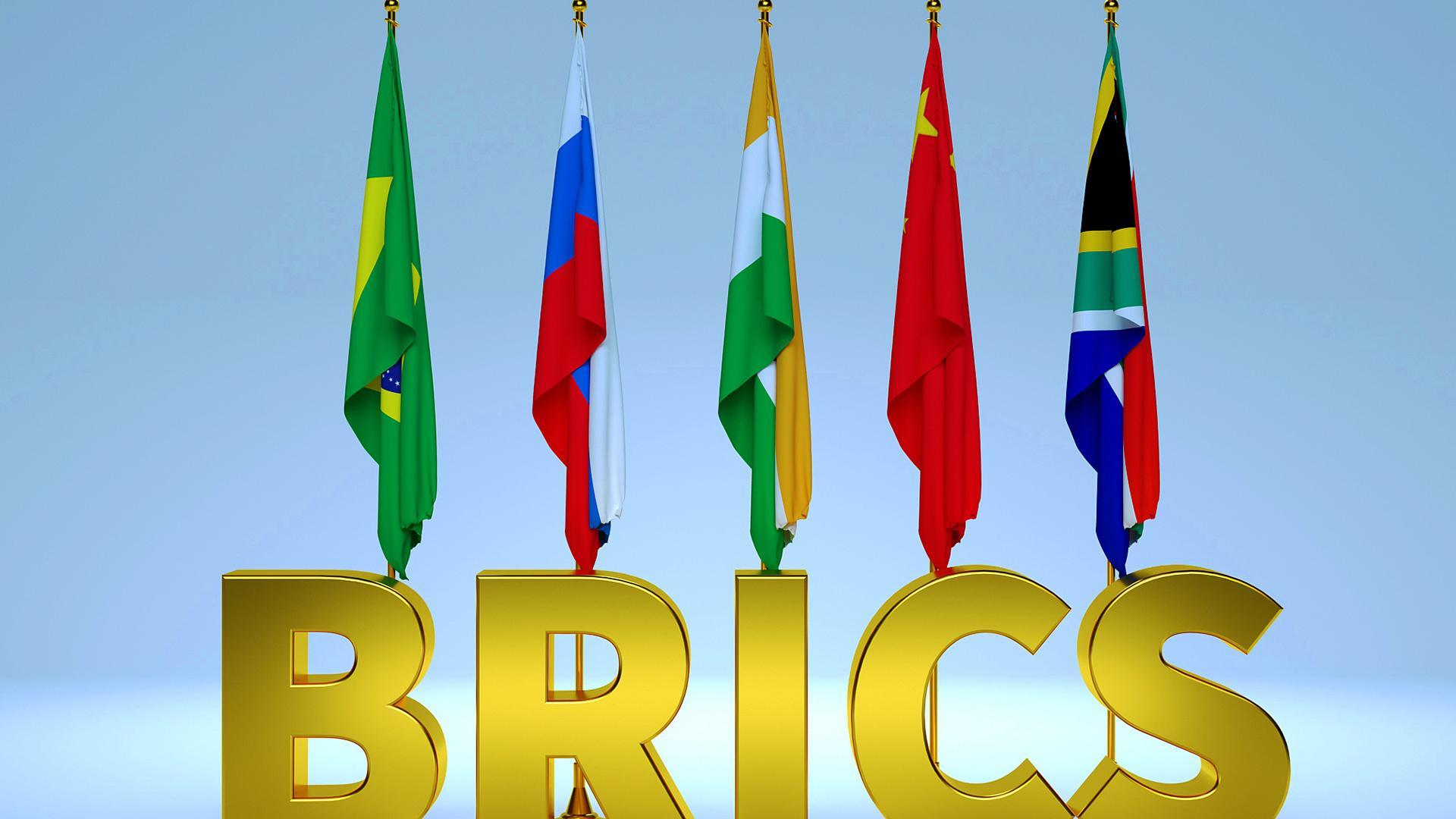Amin Rezaeinejad told the Strategic Council on Foreign Relations that the withdrawal of the United States from Afghanistan is an important sign of the decline of the strategic power of the United States, and after that we see an increase in the activism of regional powers.
According to this expert, in order to fill the void of the United States as quickly as possible and to improve or stabilize their superior position at the regional level, the regional powers will undertake two important initiatives at the level of their activism.
Rezaeinejad considered the first initiative to revive organizations that have been on the sidelines until now. According to him, the second initiative is the formation of new organizations based on their own abilities and capacities.
This expert pointed out that the BRICS summit, which is being held under the title “BRICS Plus”, is one of the first type of initiatives that its members have started with a change in approach, not just a name change.
“The phrase BRICS Plus shows the determination of its members to expand the strategic depth of the organization, which we can see in the requests of Tehran and Buenos Aires to join this organization.”
Rezaeinejad referred to the Russia’s sanctions conditions caused by the war in Ukraine, saying that the current conditions have made this country, which itself was the founder of BRICS, to improve the level of economic relations with the sanctioned countries and also use their experiences in circumventing the sanctions.
Russia is trying to create a new economic order parallel to the current order which is under the relative control of Washington, he said.
“It should also be noted that currently China and Brazil have a strong desire to actively participate in this new order due to strong differences with America and India.”
Asked about the impact of the BRICS summit on Iran, he said “this is one of the few times that BRICS members have taken a specific political and economic direction, and this direction is somewhat consistent with Tehran’s political and security compass, and as a result, it should be accepted that this is a golden opportunity for the Islamic Republic of Iran to improve its damaged economy and revive it through BRICS membership”.
Rezaeinejad believes that the new economic order is in line with the interests of the countries that created it, and for others it brings nothing but the current conditions, albeit with a little more stability.
He also said about Iran’s future policies to take advantage of the current situation: “Therefore, it seems that, in addition to actively participating in such organizations, Tehran should also have basic and sustainable economic benefits such as transferring new technologies and becoming a transportation focal point so that Iran can be a better actor in the future of international politics.”
He added that taking into account concepts such as environmental security and food security, which have been fully realized in issues such as the water crisis and the increase in the price of wheat and oilseeds, Iran should put a form of cooperation and development of economic relations on the agenda, which in addition to guaranteeing maximum benefits to control internal crises, it can also play a role in the international arena.
In the end, he recommended that participation in this new multilateralism should not make Tehran neglect the strengthening of bilateral relations; Because the current crises in the world show the instability of the situation.










0 Comments